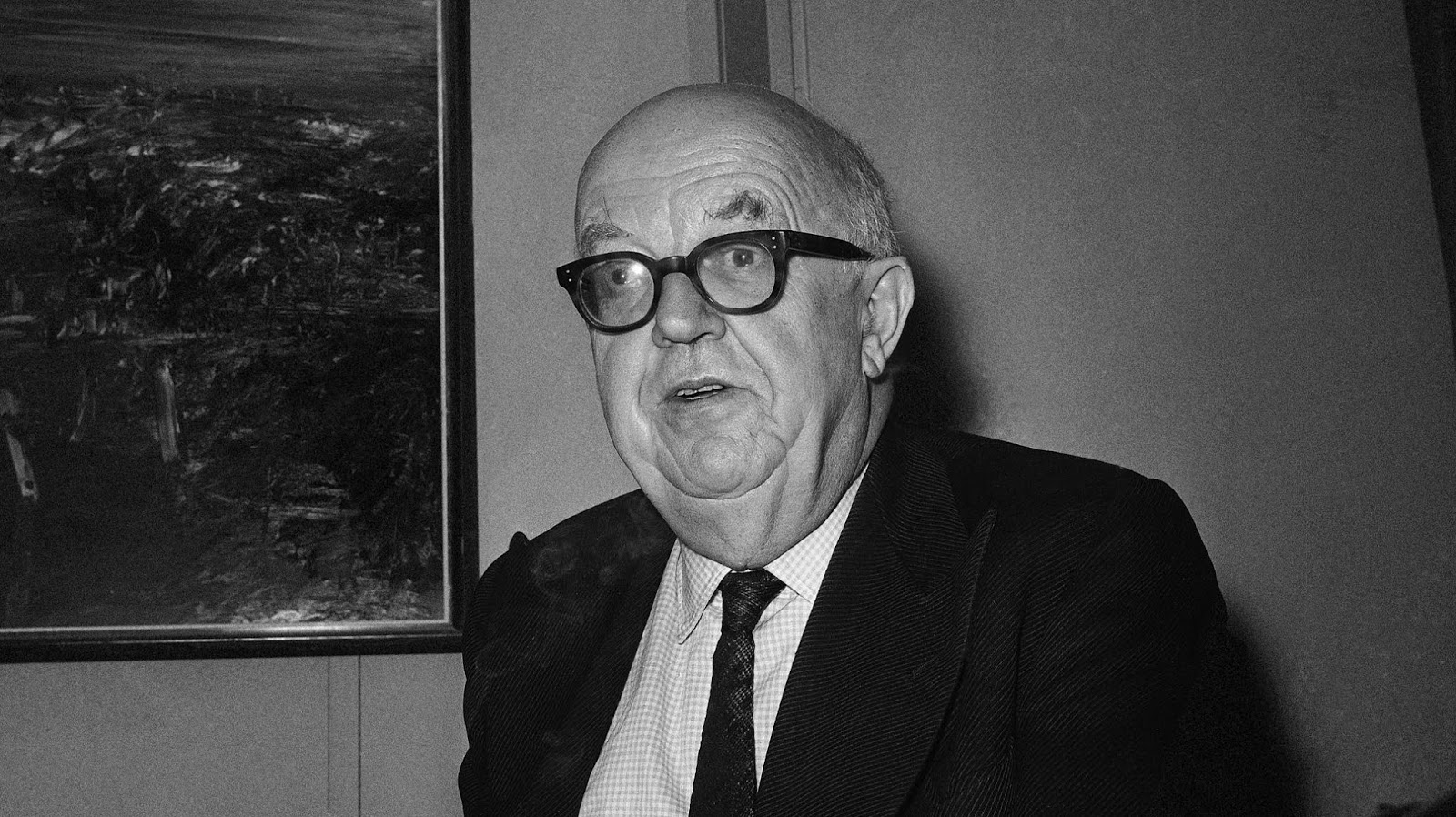Book Review - C. P. Snow: The Two Cultures

Science-Fiction writer Thomas Pynchon reviews C.P. Snow's Rede Lecture at Cambridge University. Published by the New York Times in 1984, Pynchon's review is not very subtly biased towards the "humanist camp's" point of view but is nonetheless an interesting read from an intelligent author. October 28, 1984; The New York Times Is it O.K. to be a Luddite? By Thomas Pynchon As if being 1984 weren't enough, it's also the 25th anniversary this year of C. P. Snow's famous Rede Lecture, ''The Two Cultures and the Scientific Revolution,'' notable for its warning that intellectual life in the West was becoming increasingly polarized into ''literary'' and ''scientific'' factions, each doomed not to understand or appreciate the other. The lecture was originally meant to address such matters as curriculum reform in the age of Sputnik and the role of technology in the development of what would soon be known as the

